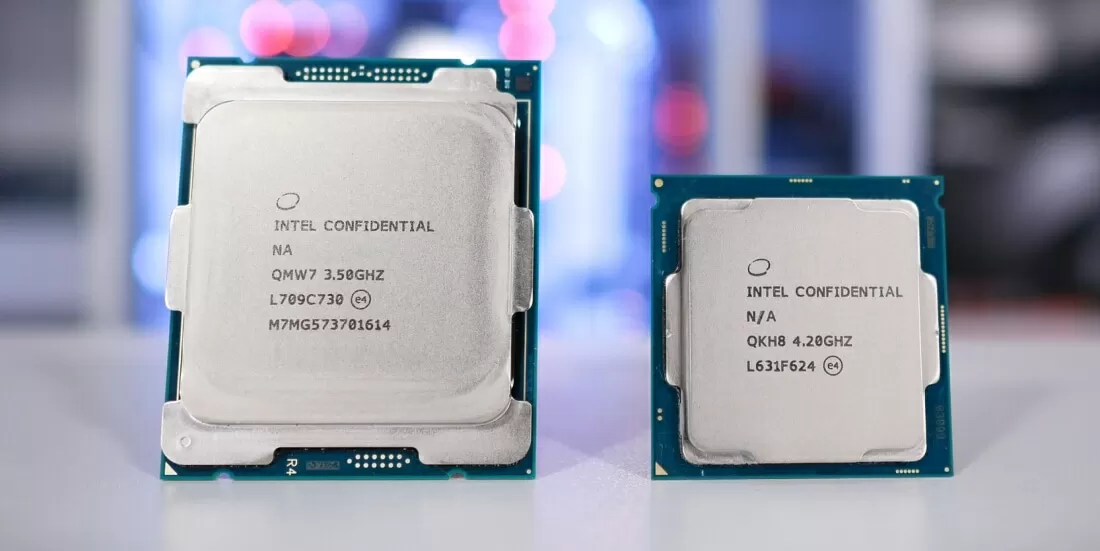This definitely bears more investigation. A 6 core CPU running at a higher clock speed than a 4 core CPU with the same architecture, and still getting significantly lower scores suggests that there's something at fault, .
I think the 7700's architecture is just better for gaming engines, since most are a few years old, even new ones. Games are a counter intuitive way to test new architecture but its very interesting to see.
There is also another point to be made here.
Windows operating systems and programs are designed to use HT.
Games have been using it for 5+ years now, in the last 2-3 years significantly more. A Core i3 will match a Core i5 in most games that require 4 logical cores, and a Core i7 handidly beats an i5 in many games. My point is this:
Most new games, if not all, don't require more then 8 logical cores, which is why the 7700K, combined with its well supported architecture and high clock speed is still about as potent as it gets [for gaming].
I would like to see a CPU comparison of a i7 950 @ 4.0 GHz, vs a 3770K @ 4.0GHz vs a 7700K at 4.0GHz to see the difference in architecture running games.
